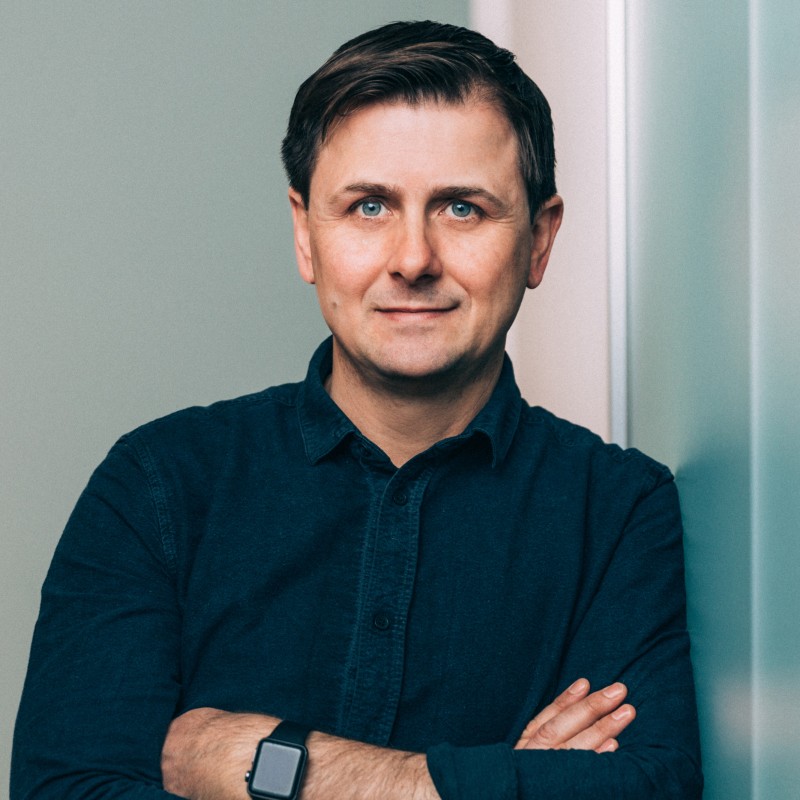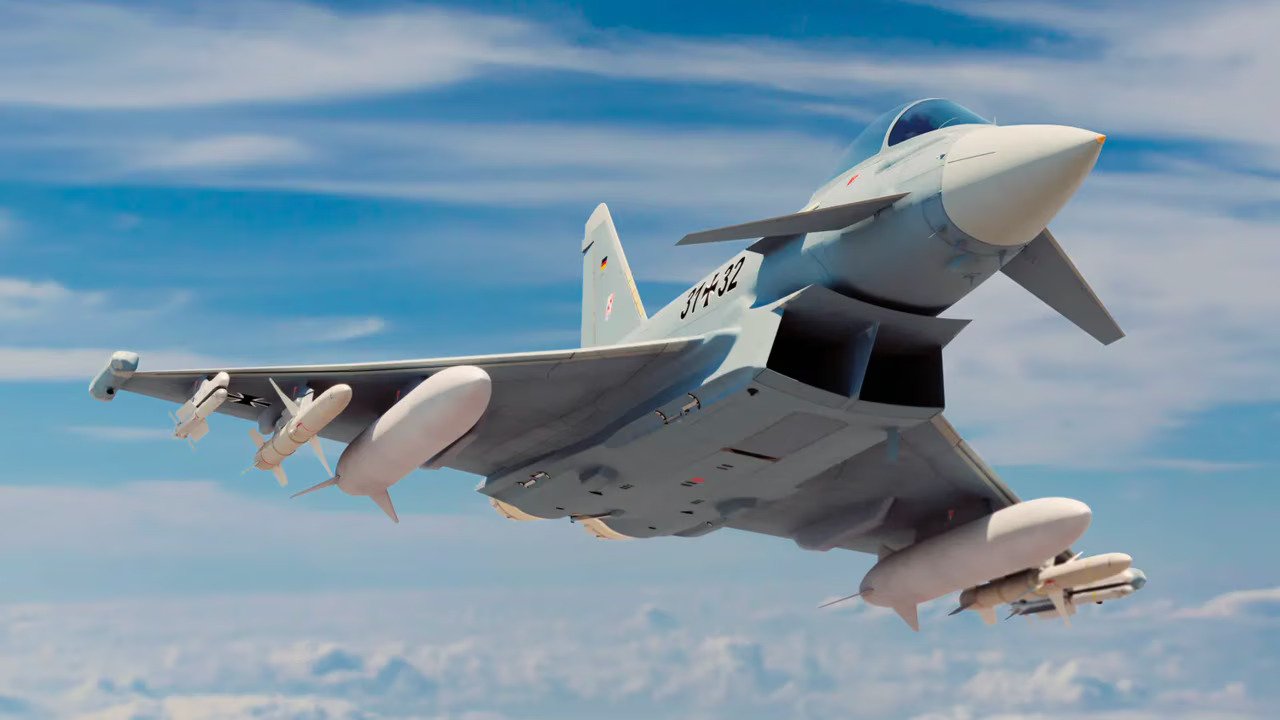Helsing, a secretive AI business with contracts with European militaries, is in talks to receive $4 billion in finance, insiders told Forbes, making it one of the world’s most valuable defense tech startups
The Series C funding round, in which General Catalyst is leading, is anticipated to provide at least $400 million to the Munich-based company, according to four sources with knowledge of the situation.
In a funding round that General Catalyst led less than a year ago, Helsing raised over $200 million; this transaction would bring the company’s total funding to over $750 million.
The financing round represents the most significant investment in a European defense technology company and represents an additional considerable wager on the industry’s rapid expansion.
In light of the ongoing conflicts in the Middle East and Ukraine, escalating tensions between the United States and China, venture capitalists have sought returns in companies that advance the national security interests of the West.
According to Pitchbook, these investors have invested $100 billion in defense department contracting companies over the past five years.
Established in 2021 by a group of technologists, consultants, and engineers, Helsing initially secured a seed investment of approximately $2 million from European investors.
However, the company experienced significant growth in November of that year when the investment firm of Spotify founder Daniel Ek backed Series A funding of over $100 million.
At the time, Ek told TechCrunch, “Europe has a tremendous opportunity to lead in developing dynamic AI systems in an ethical, transparent, and responsible manner.” The entire Helsing team, which shares the same values, takes this obligation seriously.
Niklas Kohler, the president of Helsing, along with co-CEOs Torsten Reil and Gundbert Scherf, have been reticent regarding the nature of the company’s operations.

In contrast to significant defense startups such as Anduril, which primarily develop hardware products and weapons, Helsing seems preoccupied with creating a software suite designed to support military artificial intelligence capabilities.
Collaborating with Saab, the organization obtained a contract last year to furnish the German military with AI-driven instruments intended to aid the pilots of Eurofighter aircraft.
After several months had passed, Helsing was appointed as a supplier with artificial intelligence capabilities for the Future Combat Air System, a French, German, and Spanish multinational agreement to develop new fighter aircraft and drones.
Furthermore, in February, Helsing and the Ukrainian government reached a non-binding agreement regarding providing AI capabilities for UAVs and drones.
General Catalyst, its most prominent backer, has established itself as a significant investor in defense technology, having written early checks for defense unicorns Anduril and Applied Intuition and the secretive AI company Vannevar Labs.
To support businesses looking to sell to the military, the company has partnered with other significant businesses like Sequoia and Andreessen Horowitz and a “Global Resilience” fund run by seasoned investor Paul Kwan. Kwan wrote in a General Catalyst blog post, which he co-authored, announcing Helsing’s most recent funding round:
“We believe that defense spending on software will increase from single-digit percentage points to double digits over the next decade.”
He stated that software-enabled defense technology companies will “transform how governments do business.”



